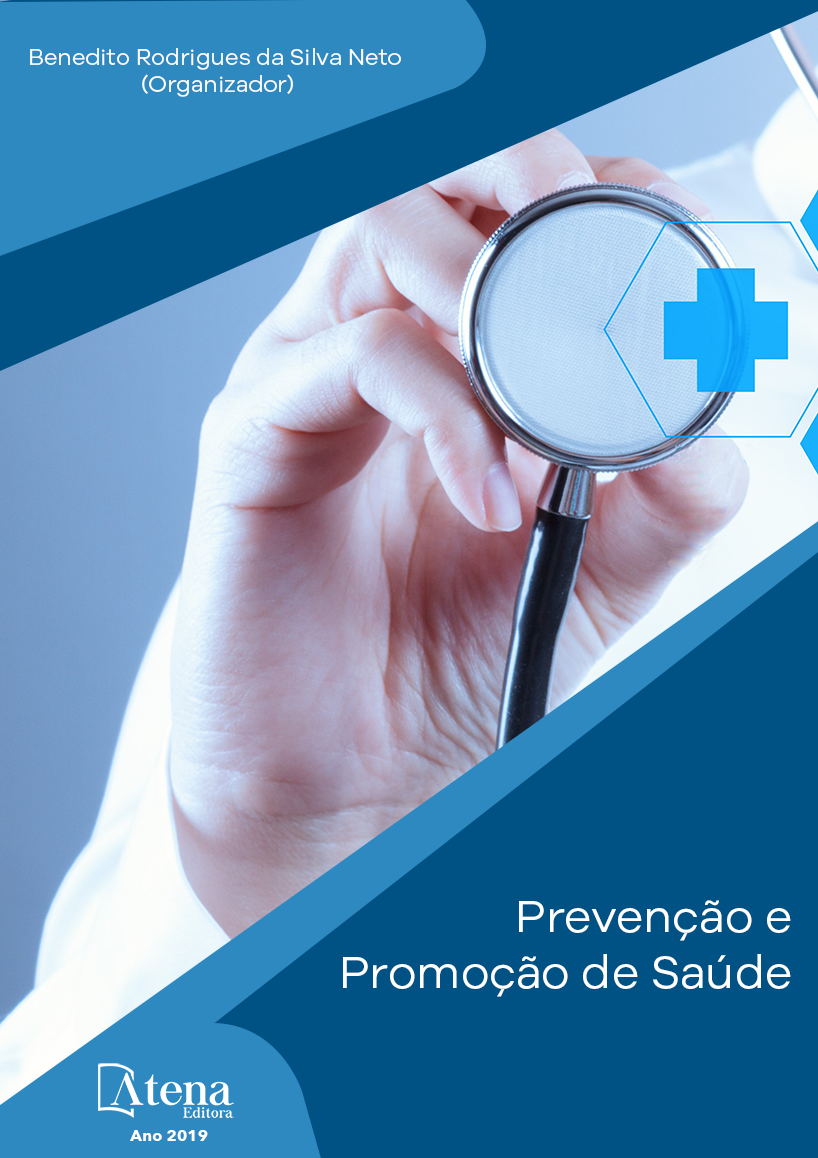
PRÁTICAS INTEGRATIVAS E COMPLEMENTARES NO CONTEXTO DA PREVENÇÃO E PROMOÇÃO DA SAÚDE: REFLEXÕES BIOÉTICAS
A pesquisa tem por objetivo discutir
sobre a responsabilidade ética na utilização
das Práticas Integrativas e Complementares
(PICs), no contexto da prevenção e promoção
da saúde. Metodologicamente consiste no
estudo teórico-reflexivo a partir da revisão da
literatura, subdividido nas seguintes categorias:
Aporte teórico e legal das Práticas Integrativas e
Complementares e Aspectos éticos na utilização
das Práticas Integrativas e Complementares.
Os resultados indicam que a inclusão das
PICs no âmbito do SUS fomenta discussões
ético-legais quanto ao exercício profissional na
aplicação destas práticas, e que as mesmas
não são prescritivas, mas sim sugeridas,
indicadas e encaminhadas pelos profissionais
de saúde, através da comunicação interpessoal
estabelecida. Destarte, a pesquisa demonstra
a imprescindibilidade da formação continuada
e da inserção temática da PICs nos cursos
de graduação, bem como, o reconhecimento
por parte dos gestores municipais a fim de
expandi-la no escopo de suas ações voltadas
a prevenção de agravos e promoção saúde no
território.
PRÁTICAS INTEGRATIVAS E COMPLEMENTARES NO CONTEXTO DA PREVENÇÃO E PROMOÇÃO DA SAÚDE: REFLEXÕES BIOÉTICAS
-
Palavras-chave: Terapias Complementares; Saúde Pública; Ética; Cuidado.
-
Keywords: Complementary Therapies; Public health; Ethic; Watch out.
-
Abstract:
The research aims to discuss the
ethical responsibility in the use of Integrative
and Complementary Practices (PICs), in the
context of prevention and health promotion.
Methodologically it is the theoretical-reflexive
study from the literature review, subdivided into
the following categories: Theoretical and legal support of Integrative and Complementary Practices and Ethical Aspects in the use
of Integrative and Complementary Practices. The results indicate that the inclusion of
PICs within the SUS fosters ethical-legal discussions regarding professional practice
in the application of these practices, and that they are not prescriptive, but suggested,
indicated and referred by health professionals through interpersonal communication.
established. Thus, the research demonstrates the indispensability of continuing
education and thematic insertion of PICs in undergraduate courses, as well as the
recognition by municipal managers in order to expand it in the scope of their actions
aimed at disease prevention and health promotion. in the territory.
-
Número de páginas: 14
- Edite Lago da Silva Sena
- Rita Narriman Silva de Oliveira Boery
- Sérgio Donha Yarid
- Juliane dos Santos Almeida


